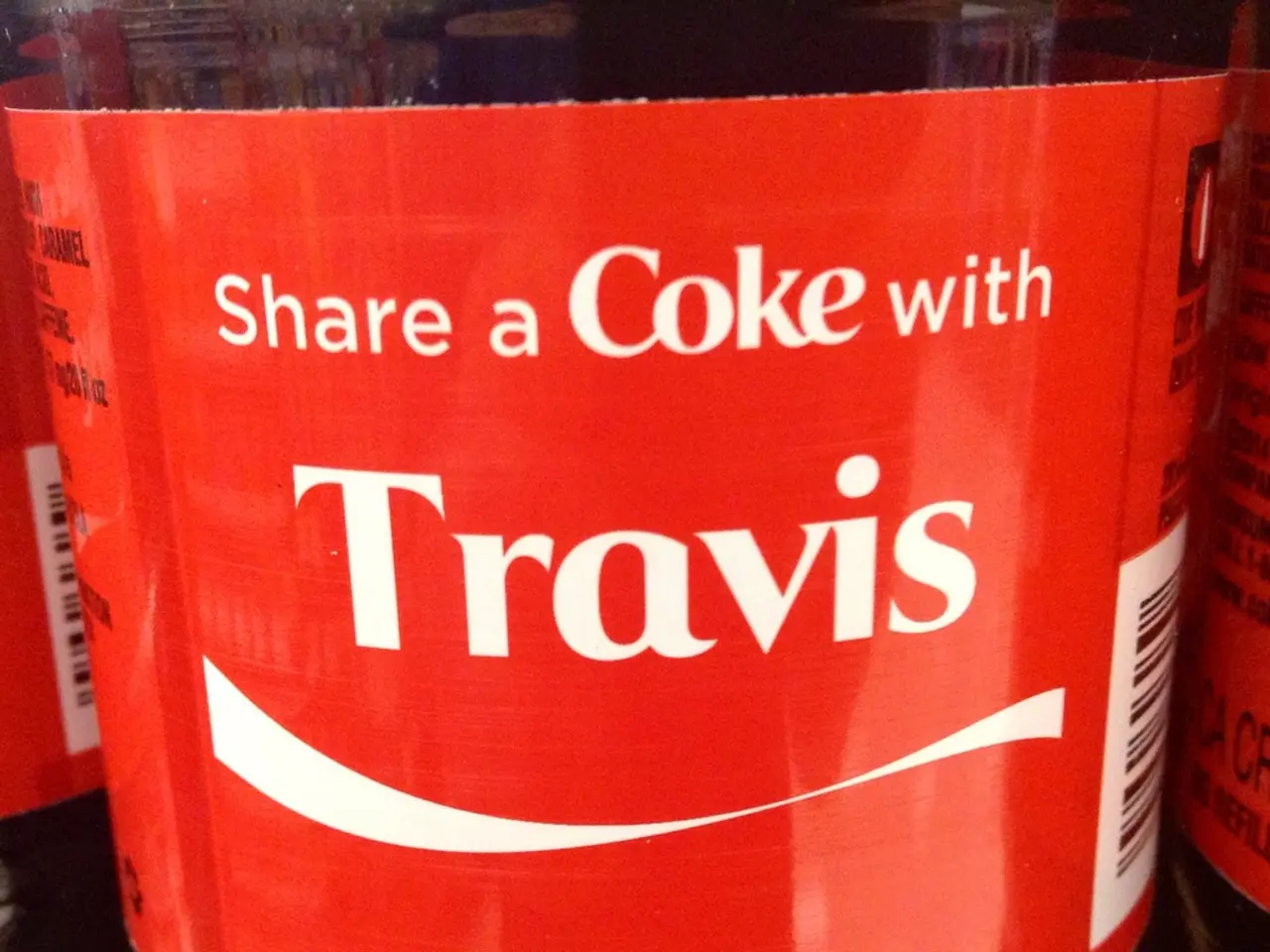U.S. Claims Progress Lacking in Colombia's Anti-Drug Campaign After More Than Three Decades
In a controversial move, the United States has decertified Colombia as a drug control partner for the first time since 1997. This decision, announced by former President Trump, comes amidst rising concerns over coca cultivation, cocaine production, and trafficking under the current Colombian government led by President Gustavo Petro.
Trump's memorandum to Congress accused Bogotá of "failing demonstrably to meet its drug control obligations." The decertification was met with immediate backlash, as Colombian politicians and security officials visited Washington to lobby top Republicans not to cut military aid to the country. However, these efforts have enjoyed little success.
Colombia, the world's largest cocaine producer, is described as "the closest U.S. ally in the Western Hemisphere against drug cartels and terrorist organizations." The U.S. has provided $14.2 billion in aid to Colombia since 2000, with 64% going to Colombia's military and police.
President Petro has attempted to stem drug trafficking through crop substitution programs and negotiations with criminal organizations. He has accused the White House of lying and pointed to demand in the U.S. and Europe as a factor in reducing coca leaf cultivation.
The government under Petro has signaled a shift from previous governments' cooperation on the U.S.-led social security war. Instead, it is focused on reducing dependency on U.S. aid, opposing forced eradication of coca cultivation, and criticizing U.S. military actions in the region.
The message from the Colombian government and security forces has reached an audience in Washington, with a security interest for the U.S. to maintain cooperation. The White House granted Colombia a "national interest waiver," preserving U.S. aid and security cooperation.
Trump's decertification announcement was used by him to personally criticize President Petro. He also mentioned a spat over deportation flights as a point of contention between them.
Meanwhile, Colombia's estimated cocaine yield rose by 50% from 2022 to 2023, according to the United Nations Office on Drugs and Crime's most recent annual report. This increase raises questions about U.S. reliability as a partner, even for its closest allies, and the potential damage the decertification may cause to Washington's interests in the broader region.
Trump's militant approach to counter-narcotics operations in the region was further demonstrated by the second lethal strike this month on an alleged drug vessel outside Venezuelan waters. This move has sparked concerns about increased tensions in the region and the potential for unintended consequences.
Peace negotiations in Colombia have broadly collapsed, leading to an escalation in violent attacks in the past few months. The deteriorating security situation in Colombia may further strain the relationship between the U.S. and Colombia, as the security forces may view decertification as a betrayal amid increased dangers facing police and soldiers.
In conclusion, the decertification of Colombia as a drug control partner marks a significant shift in U.S.-Colombia relations. The future of this relationship remains uncertain, with potential implications for both countries and the broader region.






